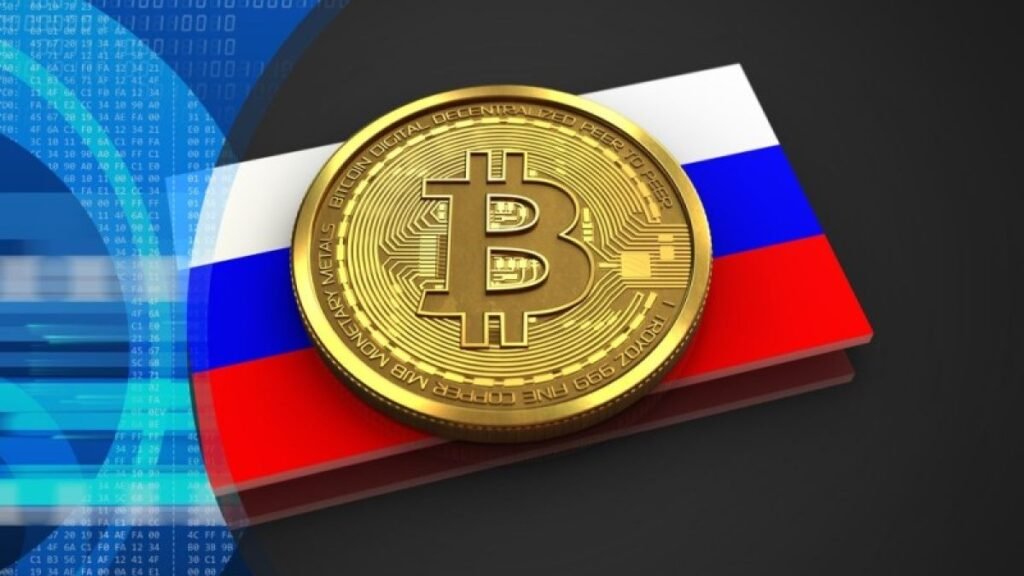Under mounting pressure from crippling economic and financial sanctions from the West, Russian’s legislature on Tuesday approved a new law permitting the use of cryptocurrency for international payments in a groundbreaking move.
The State Duma, which is the lower house of the Russian Parliament, has formally given the green loght to the new legislation, which would allow businesses to use cryptocurrencies for cross-border trade, local media reported.
“We are taking a historic decision in the financial sphere,” Anatoly Aksakov, the head of the Duma, told lawmakers Tuesday, according to reporting from news agency Reuters.
Mati Greenspan, CEO of crypto market research firm Quantum Economics, said Russia warming to crypto made sense as bitcoin transactions “cannot be censored or blocked by any government or bank.”
“Previously, Russia would not want to allow that kind of transactional freedom to its citizens — but now we’re at the point that bitcoin is used so often in every day commerce that the opportunity cost for them not to allow it is simply too great,” he added.
Not only is this a staggering development for the global economy, it is also a significant boost for bitcoin.
Bitcoin prices have more than doubled in the past year amid optimism over the approval of the first US bitcoin and ether exchange-traded funds (ETFs) as well as the so-called halving event which reduces the supply of newly issued tokens.
The world’s largest digital currency is currently worth $66,000, according to CoinGecko data, up over 120% in the last 12 months.

Policy Change Driven by Crippling Sanctions?
Growing tensions between Russia and the US and its allies have led to innumerable sanctions on individuals and entities in Russia in retaliation to its assault on Ukraine.
The US, UK and EU are among the jurisdictions that imposed sanctions on Russia after its February 2022 invasion of Ukraine. They have continued to amp up pressure on the country, targeting President Vladimir Putin, Russia’s financial sector, as well as individual Russian oligarchs – resulting in the increasing isolation of Russia from the global marketplace.
In addition to passing legislation allowing Russian firms the ability to transact internationally via crypto, the Russian central bank will also be given permission to move money overseas using private digital currencies.
Elvira Nabiullina, the Russian central bank governor, said Tuesday that crypto-based payments would begin taking place before the end of 2024.
“We are already discussing the terms of the experiment with ministries and departments, with businesses, and we expect that the first such payments will take place before the end of this year,” she said.
The central bank’s commitment to use crypto as a method of cross-border payment marks a reversal from the regulator’s previous stance on the technology.
In January 2022, the Russian central bank proposed banning the use of crypto for transactions, as well as the mining of digital currencies, citing threats to financial stability, citizens’ wellbeing and monetary policy sovereignty.

